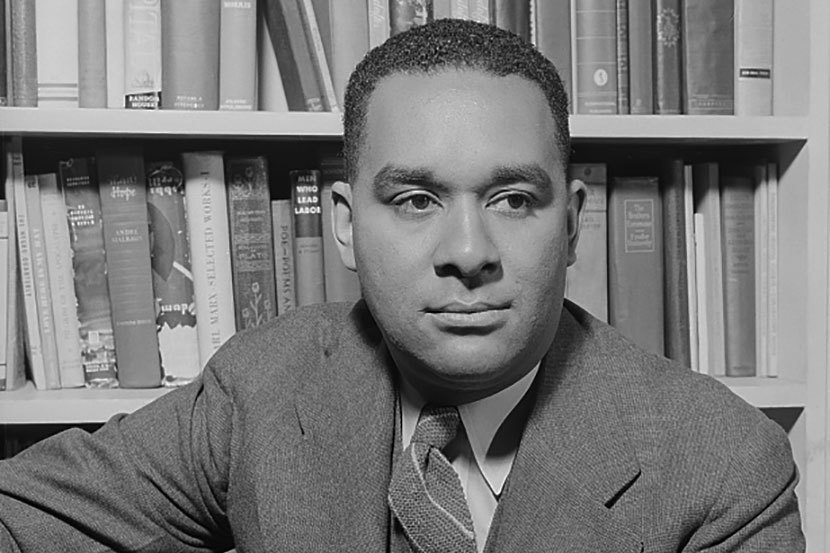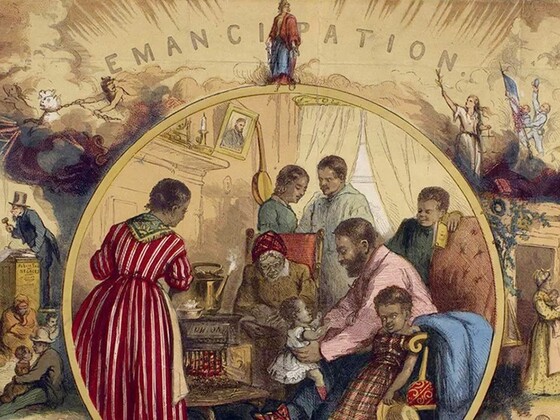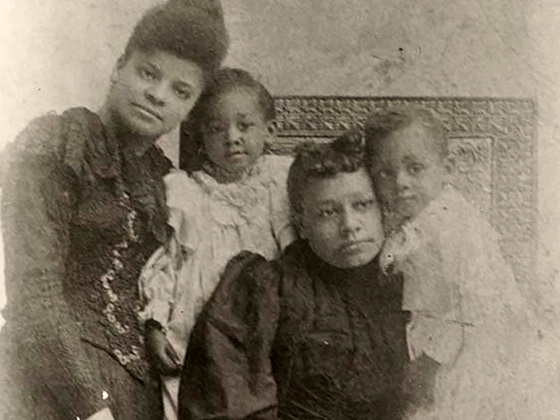African American Literature & History
February 2021

If you believe in LOA’s mission and would like to support our activities in a substantial way, nothing is more helpful than endowing a volume in the series to keep it permanently in print. It’s an opportunity to make a lasting contribution to American culture, and the book will stand as a permanent testimony to your gift.
This month’s featured candidate for adoption is Richard Wright: Later Works, one of two groundbreaking volumes to present Wright’s work for the first time as he originally intended. Novelist Charles Johnson hailed the set in the Chicago Tribune as “a new opportunity to assess Wright’s formidable and lasting contribution to American literature.” Our country’s ongoing reckoning with the central place of Black voices and Black history to the American story makes this an especially opportune moment to support Later Works.
A fully tax-deductible contribution of $75,000 to the Guardians of American Letters Fund will ensure that Richard Wright’s works—an essential part of the American literary heritage—are always available for current and future generations of readers.
Learn more about becoming a Guardian of American Letters.
• Donors to the Guardians of American Letters Fund
• Complete list of titles available for adoption










